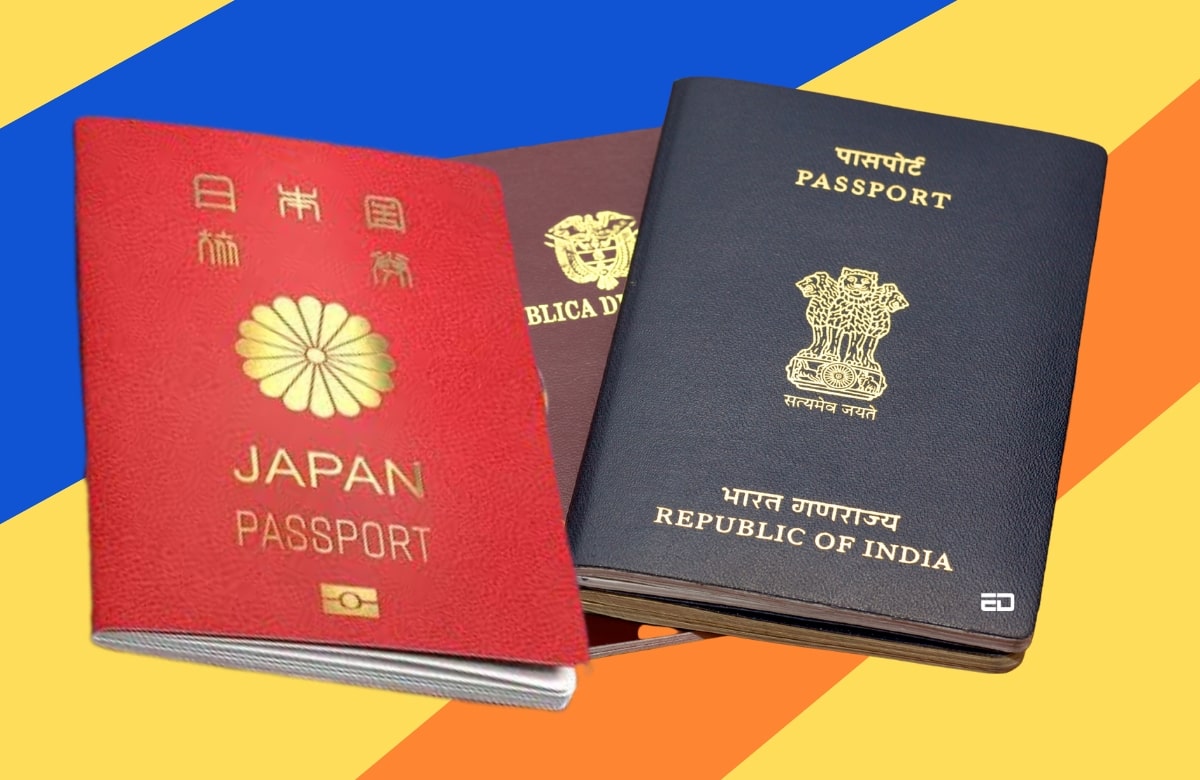The Indian passport, like passports of other countries, is ranked based on its visa-free travel privileges and ease of global mobility. While the ranking of a passport is influenced by multiple factors, the lower global ranking of the Indian passport can be attributed to various reasons.
Visa Restrictions
One significant factor impacting the global ranking of the Indian passport is the imposition of visa restrictions by several countries. Due to security concerns, geopolitical considerations, and immigration policies, some countries have adopted stricter visa requirements for Indian passport holders.
This limits the number of nations where Indian citizens can travel without obtaining a visa, thereby affecting the overall passport ranking.
Bilateral Relations and Diplomatic Considerations
Bilateral relations between India and other countries play a crucial role in determining visa policies and travel privileges. Disputes, political tensions, or historical conflicts can result in stricter visa regulations and limited access for Indian passport holders. The diplomatic landscape greatly influences the global ranking of any country’s passport, including India.
Economic Factors
Economic strength and stability impact a country’s passport ranking. Wealthier nations often have more favorable passport rankings due to factors such as stronger diplomatic ties, increased investments, and higher global influence.
While India has made significant strides in recent years, its lower per capita income and economic development compared to certain countries can contribute to the lower ranking of its passport.
Read More: Why Did India Go Down In Ranks On ‘World’s Powerful Passports’ List?
Security Concerns
Global security concerns and the perception of potential threats also affect the ranking of a country’s passport. If a nation is perceived as having security risks, other countries may impose stricter visa requirements or limitations on travel for its passport holders.
Unfortunately, India’s history of security challenges, such as terrorist incidents, has influenced the perception of its passport, impacting its global ranking.
Lack of Reciprocity
Reciprocity, or the principle of granting similar privileges to citizens of other countries, is an important consideration for passport rankings. If a country imposes stringent visa policies on Indian citizens, India might reciprocate with similar measures, further impacting its global ranking. However, this reciprocal approach can sometimes restrict the travel freedom of Indian passport holders, resulting in a lower ranking.
Geopolitical Factors
Geopolitical dynamics, including alliances and regional partnerships, can affect visa policies and passport rankings. The presence of conflicts or tensions in a particular region may lead to restrictions on travel for Indian passport holders. Geopolitical factors are fluid and subject to change, but they significantly influence the ranking of a passport at any given time.
Administrative Efficiency
The administrative efficiency and processing capabilities of a country’s passport issuing authority also impact the passport ranking. Timely issuance of passports, robust documentation systems, and efficient processing contribute to higher rankings.
While India has made improvements in recent years, challenges such as bureaucratic delays and the sheer volume of passport applications can impact the country’s ranking.
These are some of the factors which affect the rank of the Indian passport. What do you think can be done to improve its status? Let us know in the comments.
Image Credits: Google Images
Sources: Economic Times, Mint, The Hindu
Find the blogger: Pragya Damani
This post is tagged under: indian passport, low rank, indian passport low rank, visa restrictions, economic factors, geopolitical factors
Disclaimer: We do not hold any right, copyright over any of the images used, these have been taken from Google. In case of credits or removal, the owner may kindly mail us.




































[…] Read More: ResearchED: Why Does The Indian Passport Rank So Low? […]